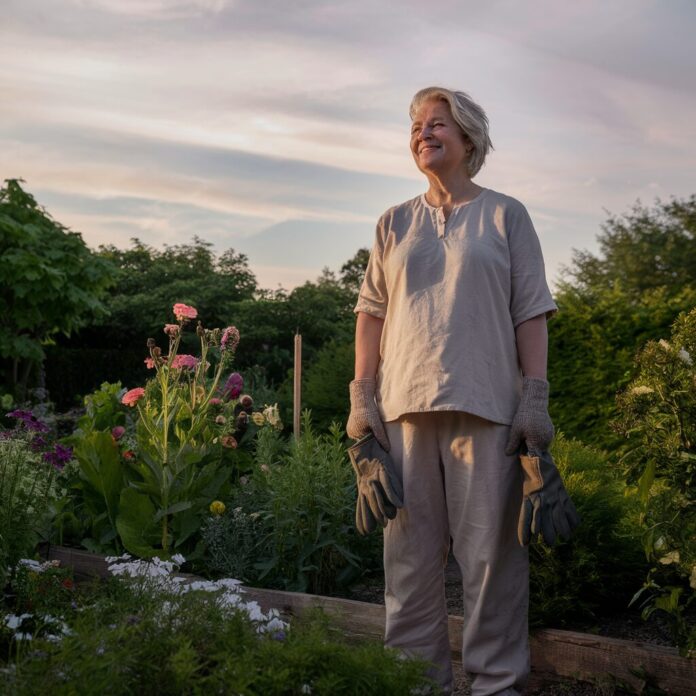As we age, our health naturally becomes a more central focus, particularly for those who require frequent medical attention. Managing life under such circumstances can be challenging, yet it’s entirely possible to maintain a quality lifestyle with the right strategies and support. This comprehensive guide offers practical advice and insightful tips to help older adults navigate their health care needs effectively.
The Need for Frequent Medical Attention
Older adults often require frequent medical attention. This could be due to a range of reasons, from chronic conditions like diabetes and heart disease to mobility challenges that might make residential assisted living a consideration. These conditions can be compounded by mobility challenges and sensory impairments, often requiring specialized care and frequent monitoring. Acknowledging these reasons is the first step in efficiently planning and managing health care, which can minimize emergencies and improve overall well-being. Proactive management of these conditions through regular screenings and preventative care can help in mitigating their progression. Furthermore, understanding the interplay between multiple health conditions can guide in crafting a personalized care strategy that addresses all aspects of an individual’s health needs.
Establishing a Comprehensive Health Care Plan
Choosing the right health care providers is crucial. Specialists who understand the complexities of aging are better equipped to handle the unique challenges faced by older adults. It is also important to have regular check-ups to monitor any health changes and adjust medications as needed. Open communication with health care providers ensures that all symptoms and changes are discussed, and it helps older adults understand their treatments better.
Using technology can also offer significant advantages, such as setting reminders for medication and appointments using apps, and considering telehealth options can reduce the need for frequent hospital visits. This integrated approach ensures continuity of care, which is crucial for maintaining the health of older adults. Additionally, a strong patient-provider relationship fosters better health outcomes and a deeper understanding of health care needs.
Adapting Your Living Environment
Adapting the living environment to ensure safety and comfort is essential. Installing grab bars in bathrooms, removing trip hazards, and ensuring good lighting can prevent falls and injuries. For those who find daily activities challenging, hiring professional in-home care can provide necessary support. It is also wise to consider if a move to assisted living or a similar environment could offer a more suitable living arrangement. Such modifications not only enhance safety but also promote independence among older adults. Additionally, technological enhancements like emergency response systems can be installed to provide immediate assistance when needed.
Managing Medications
Proper medication management is vital. Using pill organizers can help keep track of medications and ensure they are taken correctly and at the right times. Regular reviews of medications with a pharmacist or doctor are necessary to ensure effectiveness and prevent harmful interactions. It is also important to understand the purpose of each medication and be aware of its potential side effects. This vigilance helps in avoiding complications that can arise from polypharmacy, which is common in the management of multiple chronic conditions. Moreover, caregiver involvement in medication management can provide an extra layer of safety, ensuring adherence and timely administration.
Staying Active and Engaged
Staying physically and mentally active is important for maintaining health and well-being. Engaging in gentle exercises like walking, swimming, or tai chi, tailored to one’s abilities, can improve physical health. Mental engagement through puzzles, reading, or hobbies, and participating in social activities can enhance mental health and prevent isolation. These activities not only boost physical fitness but also contribute to emotional and cognitive health, forming a crucial aspect of holistic elderly care. Social interactions can stimulate mental acuity and foster a sense of community and belonging, which are important for psychological health.
Building a Support Network
Maintaining regular contact with family and friends provides emotional support and helps in managing health care. Educating close contacts about one’s health conditions enables them to provide support when needed. Connecting with community resources and participating in activities designed for seniors can offer additional support and enhance the quality of life. This network acts as a safety net that can alleviate the stresses associated with aging and health management. Moreover, peer support from fellow seniors who share similar experiences can provide emotional solace and valuable advice, further enriching life quality.
Financial Planning
Understanding insurance coverage and out-of-pocket expenses is crucial for financial planning. Exploring eligibility for government programs like Medicare or Medicaid can provide financial relief. Planning for potential increases in medical expenses and considering long-term care insurance are also important steps to ensure financial stability. Effective financial planning allows for better access to necessary health services without the burden of significant financial stress. Moreover, it can aid in choosing the right care options that are both needed and affordable, preventing financial surprises during emergencies.
Mindful communication is a powerful tool for managing life, especially for older adults who require frequent medical attention. It involves being fully present and engaged in conversations, which can significantly improve interactions with healthcare providers, caregivers, and family members. Here’s how to learn and practice this skill to enhance communication and overall well-being.
Learn and Practice Mindful Communication
Mindful communication requires awareness, active listening, and thoughtful response. It means listening to understand, not just to reply. This practice helps in accurately conveying thoughts and feelings and in receiving the information being communicated by others without misinterpretation.
Benefits for Older Adults
For older adults managing chronic conditions or complex health care routines, mindful communication can:
- Enhance relationships with caregivers and medical professionals, leading to more personalized care.
- Improve the accuracy of health information exchanged, which is crucial for effective treatment and care management.
- Reduce misunderstandings and conflicts, leading to better emotional health and less stress.
The Bottom Line
Managing life as an older adult with frequent medical needs requires careful planning and proactive management. By choosing the right health care providers, adapting living environments, managing medications, staying active, building a strong support network, and planning financially, older adults can enjoy a fulfilling life despite health challenges.
With thoughtful preparation and the right support, it is possible to navigate the golden years with confidence and peace of mind. This proactive and comprehensive approach not only enhances the quality of life but also ensures that the elderly can enjoy their later years with dignity and independence.













